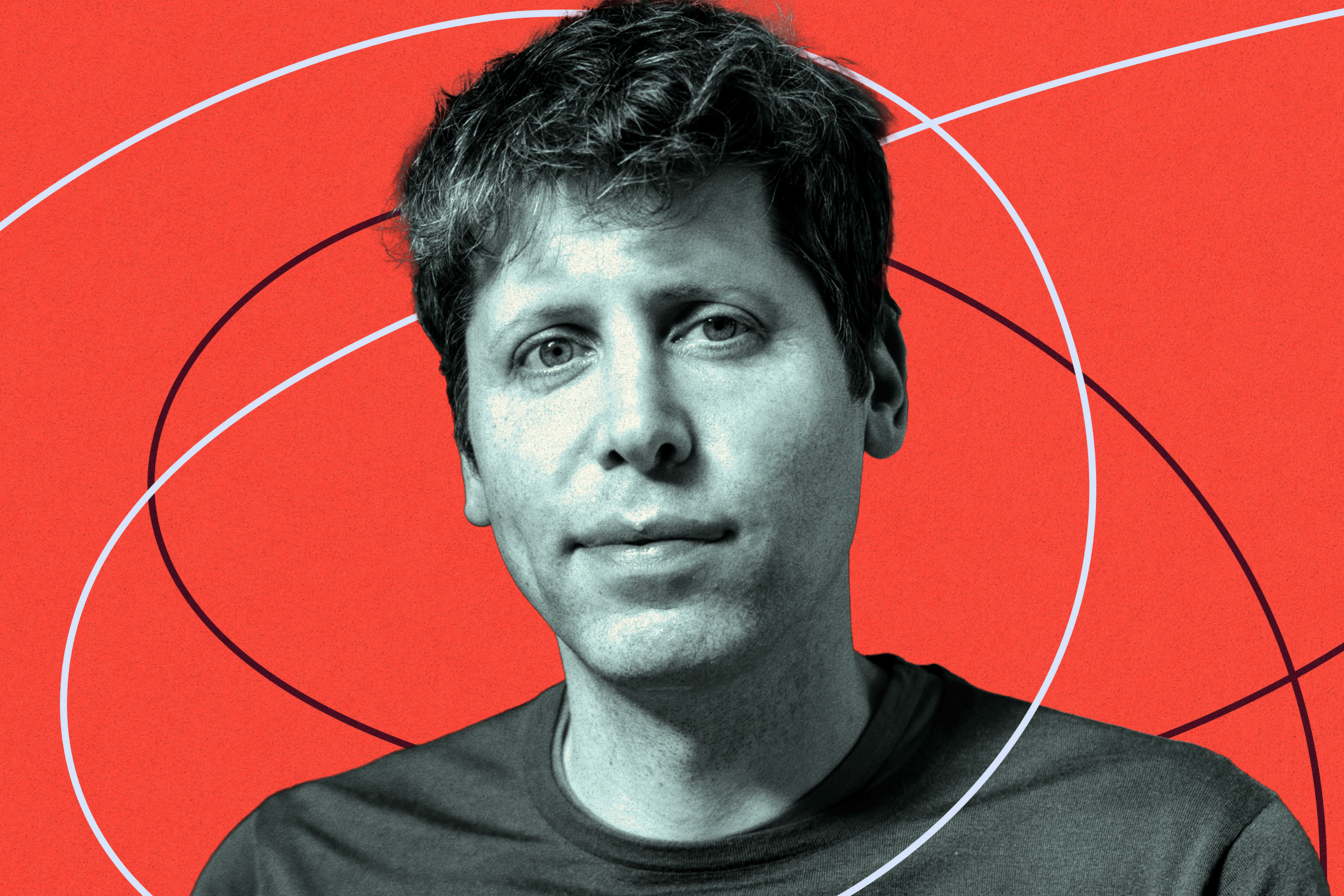AI was promised to solve climate change and fix health care, but instead, porn is on the immediate horizon.
OpenAI plans to significantly ease content restrictions on ChatGPT in the coming months, allowing some users to create “erotica,” CEO Sam Altman wrote Tuesday on X. Strikingly, the open embrace of adult content comes a day after Gov. Gavin Newsom vetoed a bill that would have imposed stringent restrictions aimed at protecting kids using AI tools. Assembly Bill 1064 was meant to strictly limit minors’ access to companion-style chatbots and social-media platforms.
“We cannot prepare our youth for a future where AI is ubiquitous by preventing their use of these tools altogether,” Newsom said in a veto statement (opens in new tab), adding that he planned to work with legislators in the coming year to address the issue.
Verified adults in December will be able to prompt the chatbot to conjure transgressive or sexual material, according to Altman’s post. It’s unclear how far OpenAI will allow users to take their fantasies.
In addition, OpenAI will reverse course in a few weeks on mental health guardrails and let ChatGPT respond “in a very human-like way,” Altman wrote. Expect more emojis and a conversational tone, Altman said.
The company initially implemented strict guardrails on ChatGPT to address mental health concerns in the wake of multiple incidents, including Matthew and Maria Raine’s lawsuit after their 16-year-old son, Adam Raine, took his life after confiding in ChatGPT, which allegedly helped devise suicide methods for the boy. Some users developed unhealthy attachments to the chatbot from heavy use or were susceptible to dangerous suggestions, but OpenAI now says it has developed tools to safely relax those limitations.
“We made ChatGPT pretty restrictive to make sure we were being careful with mental health issues,” Altman posted (opens in new tab) to his X account. “We realize this made it less useful/enjoyable to many users who had no mental health problems, but given the seriousness of the issue we wanted to get this right.”
Within weeks, OpenAI plans to release a new ChatGPT version allowing users to choose more humanlike personalities, similar to features in the earlier GPT-4o model. Users could opt for responses with emoji, conversational tone or friendly interactions.
“If you want your ChatGPT to respond in a very human-like way, or use a ton of emoji, or act like a friend, ChatGPT should do it (but only if you want it, not because we are usage-maxxing),” Altman said.
The company’s release of its ChatGPT-5 model garnered widespread criticisms from users, in part due to its diluted personality.
In December, OpenAI plans to introduce age verification and allow adult content, including erotica, for verified adult users. The move aligns with the company’s principle to “treat adult users like adults,” according to Altman.
In a separate post (opens in new tab), OpenAI announced its assembly of an eight-person council, made up of researchers and experts, to “advise us, pose questions and help define what healthy interactions with AI should look like for all ages.” OpenAI did not respond to a request for comment.
On Monday, Newsom signed several measures related to AI regulation into law, including bills that levy weighty fines for deepfake pornography and require age verifications and monitoring for suicidal thoughts in conversations with AI chatbots and social media platforms.
However, Newsom declined to sign Assembly Bill 1064, a measure that had been touted as one of the state’s strongest attempts to regulate AI chatbots. In his veto letter, he said that the measure could inadvertently ban minors from using such products, and that he would work with lawmakers to ensure safe and responsible youth use.
On Tuesday, bill sponsor Assemblymember Rebecca Bauer-Kahan (D-San Ramon) spoke plainly about the veto and Altman’s post.
“Less than 24 hours after the tech industry successfully lobbied against AB 1064, legislation that would have required safety guardrails for minors to prevent kids’ access to erotica and addictive chatbots, OpenAI announces they’re rolling out the exact features that make their products most dangerous to kids,” Bauer-Kahan said. “This announcement proves their families were right that AI companies will never regulate themselves. They will always choose profits over children’s lives.”
The post also comes just over a week after OpenAI announced plans (opens in new tab) for guidelines on app implementation, specifying it would have rules for users ages 13 to 17, with access to more mature apps for 18-and-over users subject to age-appropriate controls.
At AutoErotica, a Castro bookshop dealing in vintage gay books, posters, and other risque curiosities, the owner greeted the rise of X-rated digital imagery with a shrug.
“It’s not going to hurt my business. I don’t see it coming up against AI,” said Patrick Batt. “I don’t sell the future, I sell the past. Young guys are drawn to what I sell because it’s tactile. Some of them have never held a magazine.”

